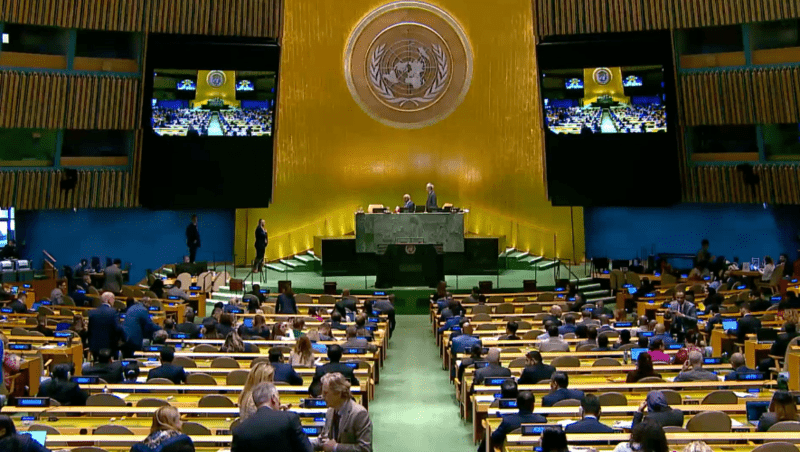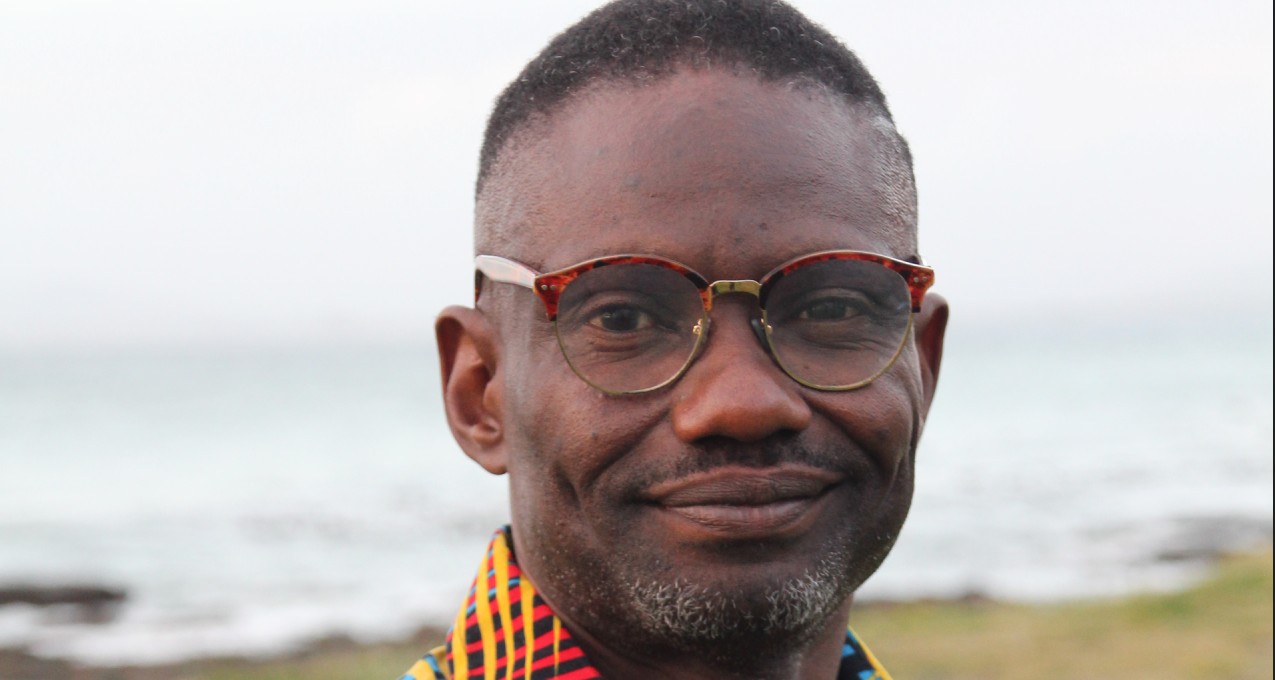Kenya elected to sit on UN Human Rights Council despite opposition from rights groups

The 47-member UN Human Rights Council, established in 2006, is responsible for promoting and safeguarding human rights globally.
Kenya is among the 18 countries elected by the United Nations General Assembly to serve on the UN Human Rights Council for a three-year term starting on January 1, 2025.
The election, which took place on Wednesday in New York, saw Kenya join other African nations, including the Democratic Republic of Congo (RDC), Ethiopia, Gambia, and Benin.
More To Read
- Family protests secret cremation of Kenyan engineer who died in Mozambique
- 139 nations back UN General Assembly call for Israel to respect UN sites, international law
- Nestlé faces backlash as Cerelac sold in Kenya, Africa found to have high sugar levels
- Nyeri climate change activist Truphena Muthoni attempts 72-hour tree-hugging record
- Malaria fight at risk as drug resistance spreads despite new tools saving millions
- EU and Africa launch regional maritime security plan to tackle piracy and trafficking
In addition to African countries, the UN Human Rights Council also welcomed new members from various regions. These include Bolivia, Colombia, Cyprus, Czechia, Iceland, the Marshall Islands, Mexico, North Macedonia, Qatar, the Republic of Korea, Spain, Switzerland, and Thailand.
Kenya applied for the 2025-2027 term on September 27, 2024, committing to “advance and protect human rights for all.”
Kenya's candidacy is part of its broader strategy to strengthen its global influence and contribute to international human rights governance.
However, its bid faced strong opposition from human rights organizations, both locally and internationally.
Ahead of the voting, a coalition of human rights groups, led by the Kenya Human Rights Commission (KHRC), condemned Kenya’s candidacy. They accused the government of engaging in “gross and systemic human rights violations,” arguing that such actions contradicted Kenya's commitment to human rights protection.
In a letter addressed to the President of the UN Human Rights Council, the organisations said two years into President William Ruto's term, Kenyans continue to witness a deeply entrenched culture of impunity.
"The regime has committed serious atrocities and crimes against the public with little to no redress. Many have fallen victim to gross and systemic human rights violations that verge on crimes against humanity, infringing on Kenya's national, regional, and international obligations,” the letter stated.
“Today, the police remain the state's primary agents of repression. Over the past two years, police have committed massive violations against citizens. In the first six months of this year alone, police used excessive force against striking medics and residents of informal settlements opposing arbitrary displacements during floods,” the letter stated.
Several groups, including the Centre for Memory and Development, Democracy Without Borders Kenya, Grace Agenda, Kariobangi Paralegal Trust, Mazingira Institute, Muslims for Human Rights (MUHURI), National Coalition for Human Rights Defenders, and Usalama Reforms Forum, signed the letter, urging the international community to reject Kenya's application.
They criticized the Kenya Kwanza administration for failing to address serious violations. The groups claimed the government has continued to use state security agencies to commit abuses that amount to crimes against humanity under the Rome Statute.
“Considering this, we urge the UN and the international community to reject Kenya's request for a seat on the UN Human Rights Council. Granting such a position would severely undermine the credibility and mandate of the UN and its ability to hold perpetrators accountable,” the statement concluded.
The Kenyan government, however, has consistently denied involvement in such violations and has vowed to investigate and bring the culprits to justice. Despite the controversy, Kenya will begin its term on the council in 2025.
The 47-member UN Human Rights Council, established in 2006, is responsible for promoting and safeguarding human rights globally. However, the Geneva-based council has often faced criticism for including nations with questionable human rights records as members.
In 2022, the council suspended Russia, a former member, for its "special military operation" in Ukraine. While the council's decisions are not legally binding, they carry significant political influence.
Top Stories Today














































